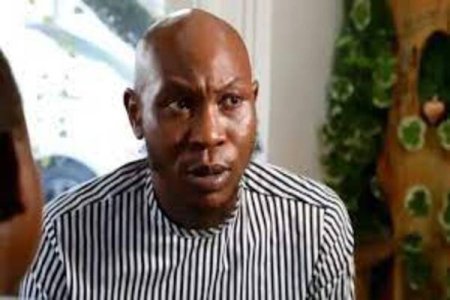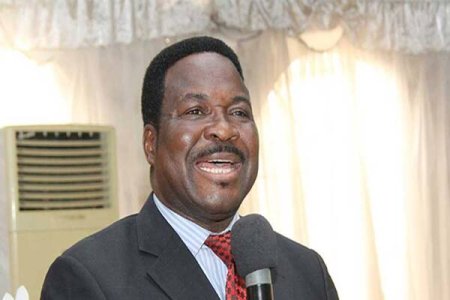
Nigerian musician Seun Kuti challenges Western religious notions, criticizing the portrayal of God as a "white man." He argues that Africans are destined for servitude rather than entry into heaven, igniting discussions on identity and faith. Kuti's remarks highlight the need for reevaluating traditional religious beliefs in Africa.
In a thought-provoking episode of the Zero Conditions Podcast, renowned Nigerian musician Seun Kuti has sparked a fierce debate by questioning conventional views of God and religion, particularly as portrayed by Western and Abrahamic traditions. Kuti criticized what he calls the "white God" of these religions, arguing that such a depiction is not only problematic but also detrimental to African identity.
"I don't believe in God in the concept that the Western and Abrahamic religions portray," Kuti stated. He emphasized that if this version of God were to live among us, he would likely face disapproval from his followers. "Someone watching you every time and telling you what to do? 5000 years on the throne with no election?" he questioned, highlighting the authoritarian nature of this divine portrayal.
Kuti went further to critique the negative depiction of women in the Bible, citing figures like Eve, Delilah, and Jezebel as examples of how women have been unfairly blamed for humanity's woes. "If you close your eyes and imagine your God as a white man with white hair, beard, and a white robe, you're lost," he asserted.
Perhaps most controversially, Kuti declared, "Revelations have already made it clear that African people would never make it to heaven." He claimed that only a select number of individuals from the 12 tribes of Judea would enter heaven, while the rest of Africans would be destined to serve in the temple, thus perpetuating a legacy of servitude.
Kuti's statements have ignited discussions among fans, religious leaders, and fellow musicians, reflecting the broader discourse on identity, religion, and the African experience in a global context. As the conversation continues, many are left contemplating the implications of his bold assertions on faith and cultural identity.





